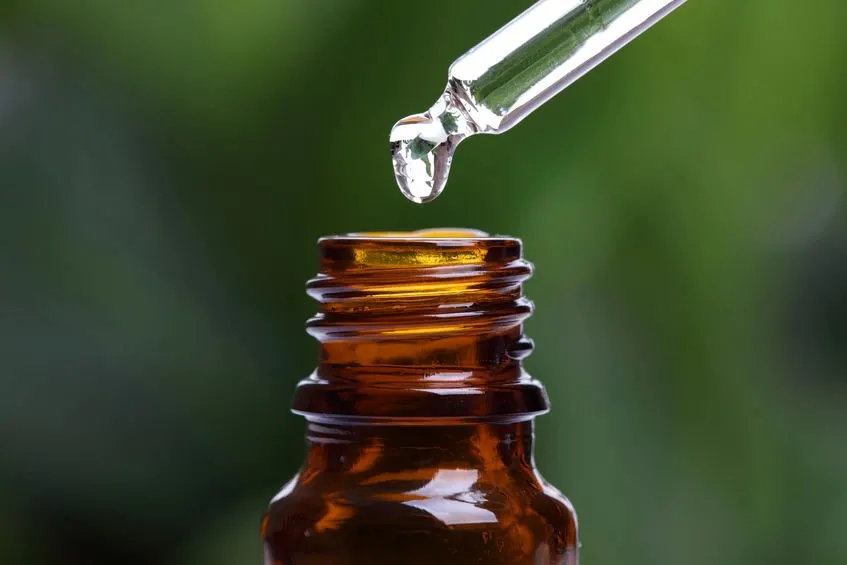If you’ve been curious about homeopathic medicine, what it is, and how it works read through this Q & A to find answers to the most frequently asked questions.
Q: What is homeopathy anyway?
A: Homeopathy is a medical practice and philosophy based on the idea that the body has the ability to heal itself naturally. Under the scope of homeopathic medicine, symptoms of illnesses are normal responses of the body as it attempts to regain health. The goal is to work in harmony with the body’s natural immune system by triggering or intensifying the body’s own healing mechanisms. This medical field was founded in the late 1700’s but has recently become widely popular.

- How are homeopathic remedies prepared?
A: Homeopathic remedies use materials derived from flora, fauna and minerals, which are prepared by repeatedly diluting the substances. Part of the dilution involves a special method of shaking called “succussion” and medicines which have been prepared this way are called “potentised” medicines.
Q: How does homeopathic medicine work?
A: Homeopathic medicine works by using natural pharmaceutical science that combines various plants and minerals in very small doses to stimulate the sick person’s natural defenses. It’s founded on the idea that ‘like cures like’. Or, in other words, if a substance is causing a symptom in a healthy, giving the person a very small dose of the same substance may cure the illness. These homeopathic doses enhance the body’s self-regulatory healing processes.
Q: What happens after you take a remedy?
A: The changes may be minimal at first and occasionally some people experience a slight worsening of symptoms. This effect will be brief, though, and is a sign that the body’s natural healing energies have started to counteract the illness. After this, the symptoms will subside as you regain your health.
Q: Do you need a license to practice homeopathic medicine?
A: Only Arizona, Nevada, and Connecticut offer licensure in homeopathy. There are many avenues by which a person can begin practicing homeopathy in the US. In most cases, practitioners are conventionally trained and certified medical doctors who have chosen to further their training with the study of homeopathy. Some of its practitioners are other types of healthcare professionals, such as dentists, chiropractors, psychologists, and even veterinarians. Several US states license naturopathic physicians (NDs) to diagnose and treat illness using many methods of natural therapies including homeopathy.
Q: Are homeopathic medicines safe?
A: Yes, they have been regulated since 1938 and are considered to be safe. Homeopathic medicines are officially recognized by the Federal Drug Administration (FDA) as “over-the-counter drugs” (OTC) and thus any person can purchase them without a prescription. Because they are recognized as drugs, their manufacture is regulated by the FDA to assure consumers that they are getting what they ordered. The doses in homeopathic medicine are incredibly small, making them very safe treatments.

Q: What can homeopathic products treat?
A: Most OTC homeopathic products are typically indicated for self-limiting, self-diagnosable conditions (e.g., cold symptoms, allergies, rheumatoid arthritis, IBS). Most people are unaware of the broad range of symptoms homeopathic medicines can treat. Arnica montana tablets, for example, have been used historically to treat bruising, swelling and pain associated with soft tissue injury. Aside from bruising, first aids remedies include treatment for burns, insect bites, and sprains. Homeopathy can effectively help people with those conditions in which there is no irreversible pathology. For example, homeopathic remedies are very effective in treating asthma, an active, inflammatory process whose effects the lungs can heal from. Do note homeopathic treatments are not appropriate for serious illnesses such as cancer, heart disease, major infections, or medical emergencies.
Q: If homeopathic medicine is so safe and effective, why don’t more people know about it?
A: The American Medical Association (AMA) was threatened by unorthodox homeopathic practitioners. To apply pressure, they revoked AMA membership to any physician who consulted with a homeopath from 1860 to the early 1900s. Today, it’s not in the interest of pharmaceutical companies to have the public believing their bodies can be healed naturally. These influential corporations make their profit off chemically-manufactured products promising to treat illnesses.
To find out more about what this alternative medicine has to offer, consult a homeopath near you.